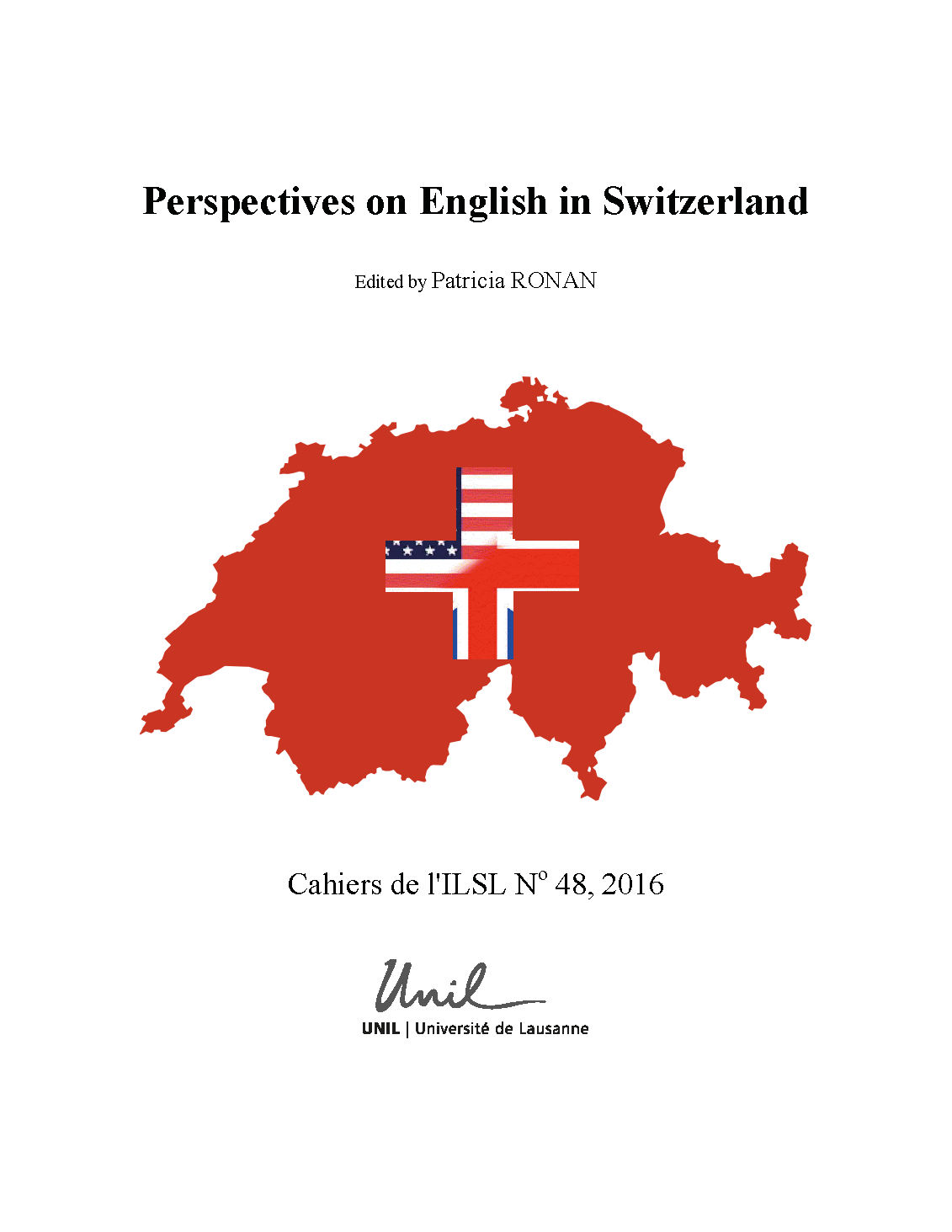No. 48 (2016)
This volume brings together work by researchers based in Switzerland and abroad investigating the position of English in multilingual Switzerland. Against the background of key developments of English as a world language and its position in Switzerland, the volume focusses on the importance of English vis-à-vis Swiss multilingualism, its characteristics as an international language and lingua franca and its position in teaching and education. In doing so it addresses questions concerning the use of English in relation to the national languages of Switzerland, fills lacunae and highlights recent developments. Contributions show that the use of English in business, public and private life in Switzerland is now motivated both by growing internationalisation and by the demands of domestic language users. While this can be argued to be the case in a number of countries world-wide, the situation of Switzerland is particular due to its multilingual status.
It is argued that it is of key importance for Switzerland to devise and implement strategies for language, status and curriculum planning of national versus non-national languages in order to secure national identity and cohesion on the one hand, and international chances and opportunities for future generation of Swiss citizens on the other hand.
